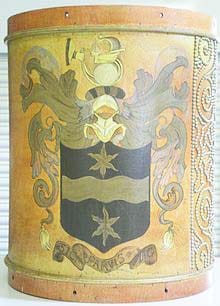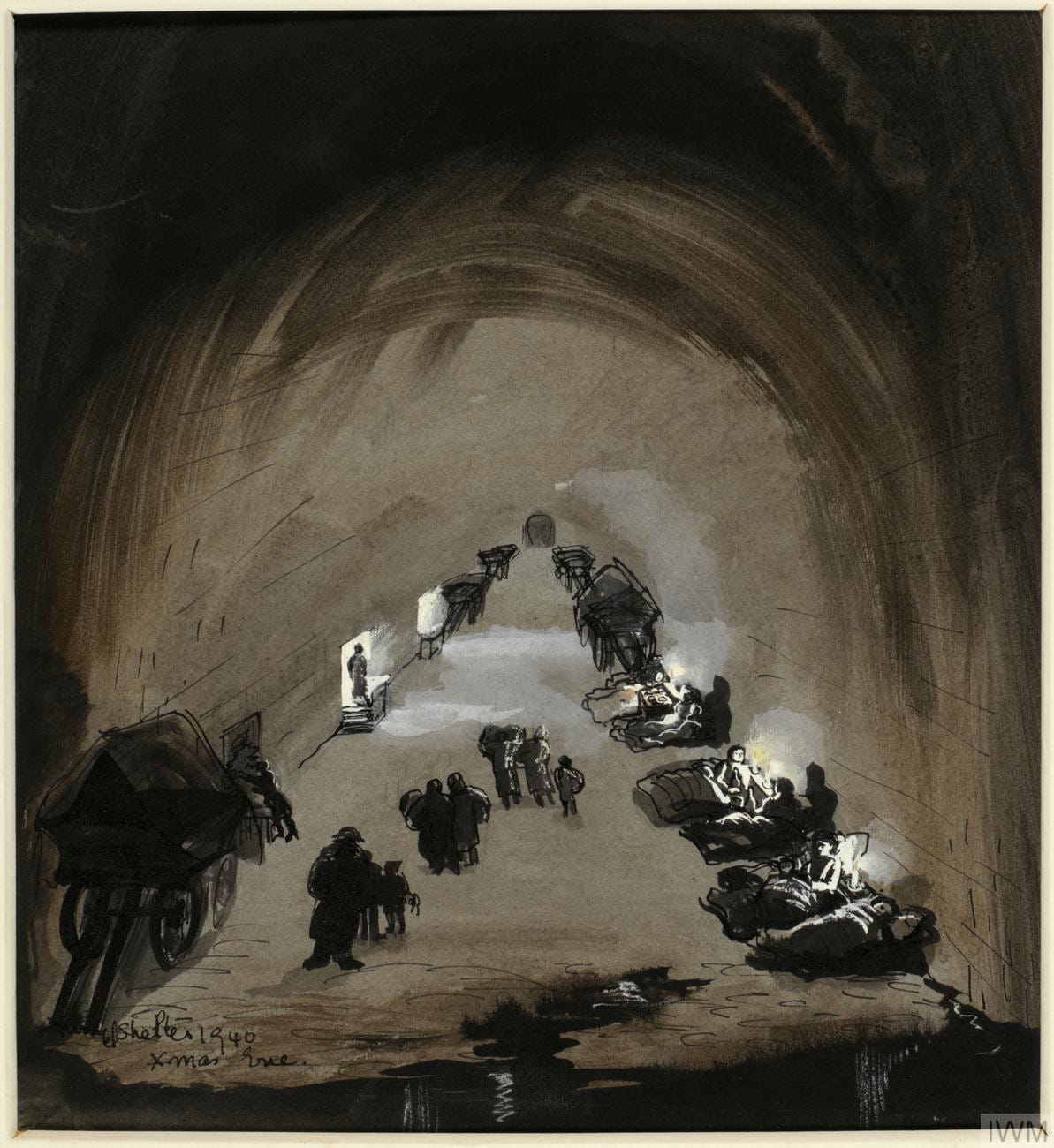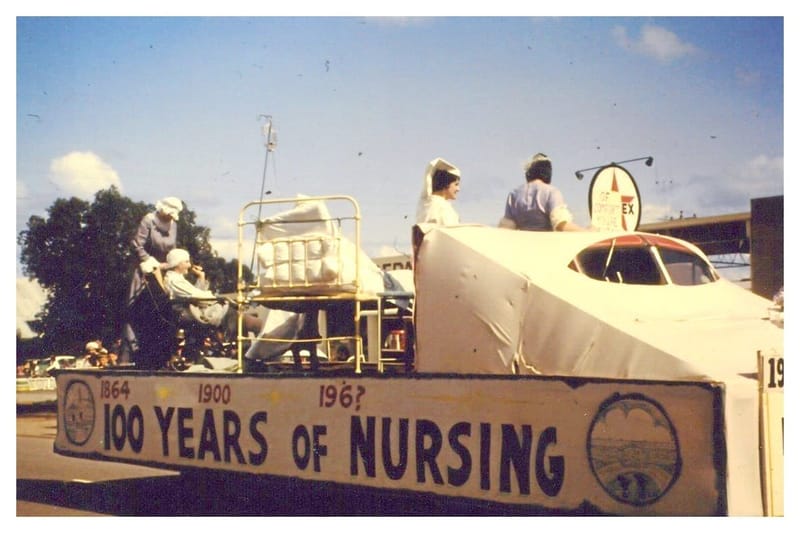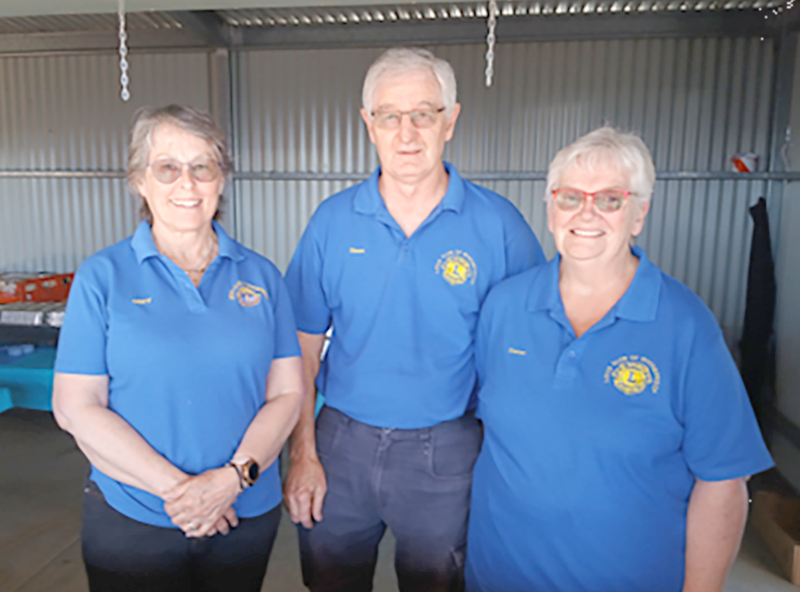Christmas in 1940
Here is a poem we learnt in school about that time and which has always stayed in my memory; it has a Latin title, “Tempus Fugit”

(By Florence Breed)
It was the second Christmas of the war, and Plymouth had suffered several Air Raids during the beginning of that December. Did Hitler give us Christmas presents in the form of bombs?
We had already survived one year of war, with basic food rationed, and our menfolk called up to serve in the forces. The nightly black-out had become a way of life, and we were quite accustomed to the dark evenings without any street lights to stop us from falling. The local ARP men would fine anyone who had a glimmer of light showing from their houses, because it could act as a guide to enemy aircraft.
In the crowded church on that Christmas morning in 1940, we sang the old traditional carols with great gusto as a warning to Hitler that he could not destroy our faith, although he may destroy our homes – carols such as “The First Nowell”, “The Holy Well”, “The Holly and the Ivy”, “The Angel Gabriel” and “Oh Come all ye Faithful”.
Customs
It was an ancient custom for Cornish folks to have a goose for Christmas dinner, but with strict meat rationing my mother could no longer give us that luxury; however, she had managed to buy a rabbit from a street vendor so we had a tasty stew using the potatoes and turnips from Dad's allotment.
Another good old Cornish practice that my parents liked was the making of the Christmas “bush”. This was constructed out of two little wooden hoops (from our toy cupboard) that were fastened one into the other at right angles. The framework thus formed was decorated with evergreens, apples and any other fruit from the garden. It would be placed on the table and looked very pretty with a candle lighted inside it.
My mother cooked over an open hearth, as we had no electricity in those days (only gas lighting) so the other Cornish custom was the burning of the “Yule log”. Each one of us would be given a piece of wood and then asked to chalk the figure of a man before placing it on the open fire to burn. In our case, it was drawing the figure of that evil devil, Hitler, and then watching him burn to ashes in the fireplace.
Drake’s Drum
I heard my parent talking about one of Plymouth’s earliest bombing raids at the beginning of December. There was a mystery concerning the fact that people had heard the sound of a drum coming from a museum in the city-centre where the personal possessions of Sir Francis Drake were stored.
Immediately after the drum was heard by nearby ARP wardens, German planes arrived to bomb us and several people were killed.
Was Drake trying to warn his home town of this danger from a German enemy? We knew that in 1596, Sir Francis Drake (hero of the battle against the Spanish Armada) lay dying on board his flagship in the waters off the Spanish coast, when he uttered these words that are in the poem entitled “Drake's Drum” by Sir Henry Newbolt:
“Take my drum to England, hang it by the shore,
Strike it when your powder's running low;
If the Dons sight Devon, then I'll quit the port of Heaven
And drum them up the Channel as I drummed them long ago.”
Drake's drum was indeed returned to hang in a glass case in his home town of Plymouth, so could it be true that when England is in danger it sounds a ghostly warning beat? Could the drumbeats have been imagined by the men on air-raid duty that night who were outside the city museum where Drake’s drum and personal possessions were stored?
I do not think those men could possibly have imagined it – in any case there was no other drum in the museum except the one belonging to Sir Francis Drake.

Pilchards and Potatoes
For our Christmas tea my mother managed to make a broth from vegetables and a few meat bones that the butcher had sold her (off the rations). It was very tasty and lasted for another meal the next day.
We lived on pilchards and potatoes so we did not starve. Mother kept a large clay pot (called a bussa) behind the back door and it contained a large amount of pilchards that she would buy from anyone who had a vegetable allotment.
Sadly, because all food was severely rationed, Mother could no longer bake a figgyhobbin for each of us. (This is like a Cornish pasty, but filled with brown sugar and raisins). Also, she could no longer bake saffron cakes for us to enjoy because saffron (the yellow pollen of a crocus flower) was now unobtainable.
I used to love clotted cream, but that was no longer available either because milk was strictly rationed to a pint per adult each week.
Perhaps the saddest thing of all was the fact that all doctors had been called upon to work in the forces and there was none available for helping civilians. If you were lucky there might be an elderly retired doctor living in your district who could visit you in your home, but hospital beds were filled with servicemen and nobody else was able to receive treatment in hospital.
At school our male teachers also disappeared and were replaced by elderly retired men; but they were good and capable and perhaps were even better for us because of their long experience of life.
Here is a poem we learnt in school about that time and which has always stayed in my memory; it has a Latin title, “Tempus Fugit”:
How time flies and though ’tis old it never dies,
And though it swiftly flies away, it is a part of every day.
So soon our precious time is gone, just like a melody or song.
Time once done is gone and past and never comes again – the die is cast.
Future time we cannot see, though kind to us it may well be.
On past, or future, dwell not long, lest you find the present gone.
Time flies away on silent wings, in haste we notice not these things.
“Tempus fugit” how time flies, in those words our story lies.
Lesson
These words certainly applied to us all during those war years because we could never be sure that tomorrow would come. Therefore, it was a lesson to teach us to do necessary things immediately and not postpone them until tomorrow (which may never come).
I remember that people talked how the war would end in a year because our airmen had defeated the Luftwaffe and stopped Hitler's invasion of our shores. Anyway, we still had a British army because they had escaped from occupied France, so it seemed as if the war would not last much longer.
However, no one realised that Hitler had a diabolical plan to destroy the civilian population by bombing the towns and cities of England – so the war did not end so soon, instead people would suffer the destruction of their homes and, worse still, the loss of loved ones.







